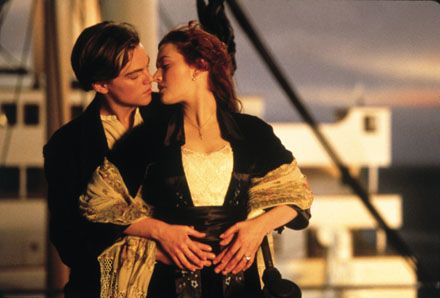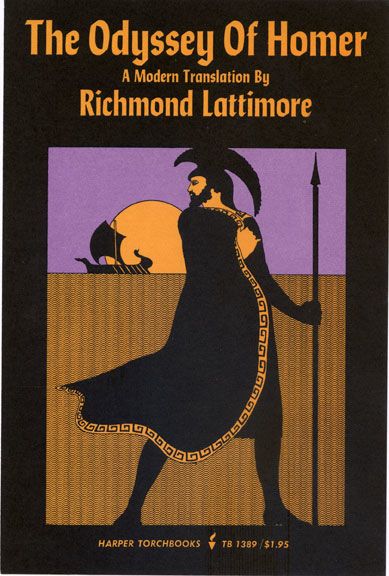What's the value in dramatising real events?
By Keith Mulopo

Storytelling is innately human. Whatever your age, background, or values, stories anchor our existence. Truth can be found or learned through storytelling – and drama is particularly primed for that. It’s no accident that popular and critically acclaimed pieces of entertainment from shows like Mad Men, to films like Star Wars, to novels like Pride and Prejudice, to plays like Hamlet all share common tropes concerning The Hero’s Journey, which have roots as far back as the Greek classics such as The Odyssey. The best stories illuminate universal truths of human existence, helping us to learn to both accept the pain and glory of living.
However, where should we stand regarding stories that are inspired by real stories? Dramatising real events (especially the controversial ones) can be a sensitive ordeal. Not too long ago, the Versace family felt offended by the depiction of Gianni Versace’s murder in the latest installment of American Crime Story, believing that viewers should take it as “fiction” more than anything else.

You could view such drama as an introduction about the matter at hand - leaving the responsibility on the viewer to develop their knowledge on the subject. For instance, upon watching Christopher Nolan’s Dunkirk with my brother, he felt inspired to look into the Dunkirk evacuation during World War II. Dramatising historical events can lead to a wider range of people becoming more historically informed, or shine a light on more obscure bits of history which films like Hunger do.
But we must be conscious of how such art can influence people’s perceptions about life, past and present. Art generally is so culturally significant and transformative that historically it has been compromised or censored many times because of that.
Entertainment surrounding The Great War exemplifies this. During the war, theatre and cinema deliberately downplayed the horrific realities of the Western Front to boost and maintain the morale of the nations involved. The Film industry ramped up the production of monster and horror films during the interwar period to compensate for the unfathomable disfigurement of the returning soldiers of the war, shaping the ordinary person’s ideas about beauty (thus preserving a healthy capacity for romantic and interpersonal relationships) as the results of WWI simply didn’t correspond with the glossy heroism people were sold. Now, with films like 1917 and the reappraisal of contemporary pieces of literature like Journey’s End(1928) and Wilfred Owen’s poetry collection, we are beginning to comprehend the irredeemable trauma and horrors the boys on the Front faced.

Arguably these considerations can apply for the Pandemic too. Perhaps dramatising the events of Covid-19 now would be too soon, since its collective trauma is raw and inescapable. Even if we felt we could stomach such representation, given we seem more aware and connected than ever, what story would suffice? Would an overly optimistic and triumphant presentation undermine the suffering we experienced? Would a gritty, real depiction prove too emotionally tough to digest? Can such an experience be portrayed in a focused story given how varied all our time has been?
With Versace’s family’s comments in mind, would viewing these portrayals as pure fiction or entertainment be disrespectful? If we accept that the best stories contain truths, then dramas concerning seminal, controversial, and personal events can’t afford to be deemed as purely fictional entertainment, as it does relegate such portrayal to a disposable means of killing time. Yes, they can be entertaining and have fictional elements as artistic license is real, however, it seems unjust to lump such depictions with many pieces of entertainment whose purpose (on a good day) is to numb the brain.

However, where does that leave dramas that merely use historical events as a backdrop for original stories? The movie Titanic uses the tragedy of the infamous sinking of the mammoth ship to facilitate a love story between the characters of Jack and Rose. Perhaps this is acceptable given that by 1997 the tragedy occurred eighty-five years prior. Though admittedly if there were to be a fictional love story that took place during the pandemic it would be equally justifiable - many people have found love over lockdown. Such a depiction can be a testament of human will, showing how beauty can arise from the most tragic circumstances.
Dramatising real events is valuable. Drama can be the vehicle or conduit for appreciating the truth surrounding both the broad strokes and minutiae of the lived experience. Even in skewed portrayals we can suss out the realities of human nature that are otherwise neglected regarding the acceptance of pain or reality, revealed in the creative decisions made by the producer for example. There’s no beating storytelling in helping people understand why things happen the way they do.

